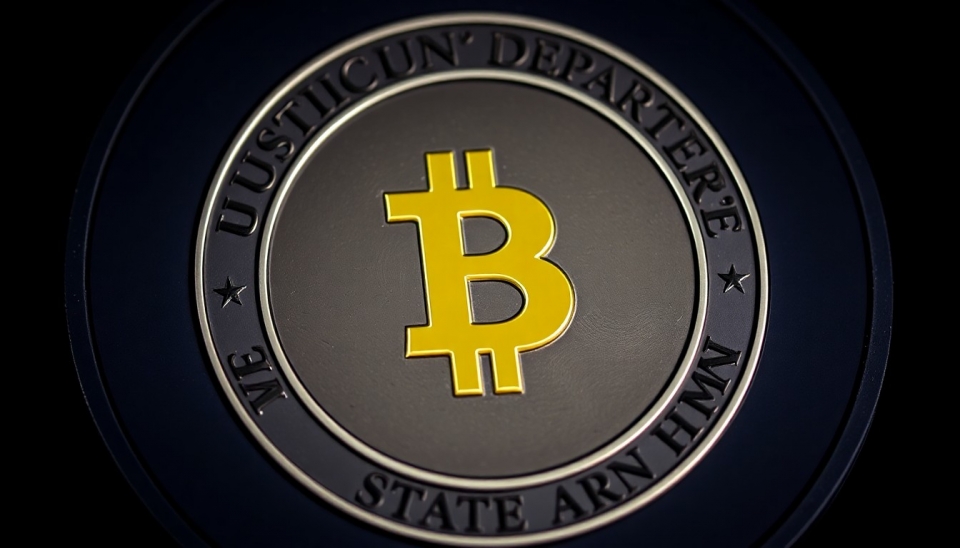
In a landmark move, the U.S. Department of Justice (DOJ) has announced a comprehensive overhaul of its cryptocurrency enforcement policies. This initiative aims to adapt to the rapidly changing digital asset landscape and to tackle the rising incidences of fraud, money laundering, and other illicit activities associated with cryptocurrencies. With the digital currency market's exponential growth, this strategic pivot highlights the government's commitment to ensuring that its regulatory framework is robust and responsive to emerging threats in the crypto space.
Deputy Attorney General Lisa Monaco, during a press briefing, emphasized the importance of this shift, stating that the DOJ intends to build a more agile and coordinated approach toward cryptocurrency enforcement. She noted that with the increasing sophistication of cryptocurrency-related crimes, a static, outdated enforcement model would no longer suffice. Monaco outlined the key components of the new strategy, which include enhanced collaboration among federal agencies, increased training for law enforcement on digital assets, and the establishment of specialized units focusing on cryptocurrency crimes.
The DOJ's revamp is poised to address several critical areas of concern. One major focus will be on working closely with the Financial Crimes Enforcement Network (FinCEN) and the Securities and Exchange Commission (SEC) to better monitor and regulate cryptocurrency transactions. This collaboration aims to ensure that entities engaging in cryptocurrency activities comply with existing financial regulations and do not exploit legal loopholes.
Furthermore, the DOJ plans to invest in advanced technology and intelligence-gathering methods to track cryptocurrency transactions more effectively. This includes developing tools that can trace illicit activities on blockchain networks, making it easier to identify and prosecute offenders. Such technological advancements are seen as crucial in a digital landscape where anonymity can often shield criminals from detection.
The overhaul also addresses consumer protection, with the DOJ pledging to intensify efforts to shield investors from fraudulent schemes and scams prevalent in the crypto realm. Enhanced educational outreach to the public will be instrumental in equipping potential investors with the knowledge they need to navigate the often-complex world of digital currencies safely.
The DOJ's new approach comes at a critical juncture, as lawmakers and financial regulators grapple with how to best oversee the booming cryptocurrency market. As countries around the globe begin to implement their own regulatory frameworks, the U.S. administration is under pressure to ensure that its policies are effective and not overly burdensome, which could stifle innovation in the fintech space.
In conjunction with this enforcement strategy, the DOJ is also contemplating the introduction of clearer regulatory guidelines regarding the classification of digital assets. This could see an evolution in how cryptocurrency is treated under U.S. law, which may ultimately shape the future of the cryptocurrency market in the country.
While the reaction to the DOJ's overhaul has been mixed, many industry experts and stakeholders view it as a necessary step toward legitimate growth in the cryptocurrency sector. Ensuring that the marketplace is safe and localized while remaining a hub for technological innovation is a delicate balance that regulators strive to achieve.
As the digital currency market evolves, stakeholders, including investors, policymakers, and businesses, will be keenly observing how these new enforcement measures play out in practice. The efficacy of this strategic overhaul will be a telling indicator of the United States' position as a global leader in the cryptocurrency sector.
As we look ahead, the coming months will likely reveal how these changes influence not only law enforcement practices but the overall landscape of cryptocurrency regulation in the U.S. and globally.
#JusticeDepartment #Cryptocurrency #Enforcement #DigitalAssets #RegulatoryFramework #FinTech #Blockchain #CryptoLaws
Author: Sophia Reynolds




